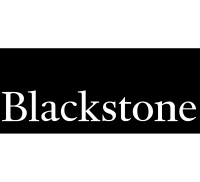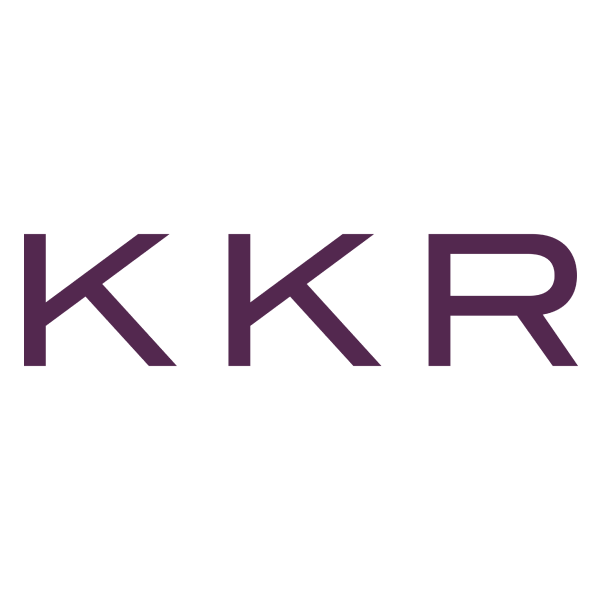

Apollo Global Management Inc
NYSE:APO

Profitability Summary
Apollo Global Management Inc's profitability score is hidden . We take all the information about a company's profitability (such as its margins, capital efficiency, free cash flow generating ability, and more) and consolidate it into one single number - the profitability score. The higher the profitability score, the more profitable the company is.
Profitability Score
We take all the information about a company's profitability (such as its margins, capital efficiency, free cash flow generating ability, and more) and consolidate it into one single number - the profitability score. The higher the profitability score, the more profitable the company is.
We take all the information about a company's profitability (such as its margins, capital efficiency, free cash flow generating ability, and more) and consolidate it into one single number - the profitability score. The higher the profitability score, the more profitable the company is.
Profitability Score
Margins
Earnings Waterfall
Apollo Global Management Inc

Margins Comparison
Apollo Global Management Inc Competitors

| Country | Company | Market Cap |
Operating Margin |
Net Margin |
||
|---|---|---|---|---|---|---|
| US |

|
Apollo Global Management Inc
NYSE:APO
|
60.3B USD |
Loading...
|
Loading...
|
|
| US |

|
Berkshire Hathaway Inc
NYSE:BRK.A
|
1.1T USD |
Loading...
|
Loading...
|
|
| US |

|
Blackstone Inc
NYSE:BX
|
138.5B USD |
Loading...
|
Loading...
|
|
| CA |

|
Brookfield Corp
NYSE:BN
|
108.5B USD |
Loading...
|
Loading...
|
|
| US |

|
KKR & Co Inc
NYSE:KKR
|
78.4B USD |
Loading...
|
Loading...
|
|
| CA |

|
Brookfield Asset Management Inc
NYSE:BAM
|
76.7B USD |
Loading...
|
Loading...
|
|
| UK |

|
3i Group PLC
LSE:III
|
32.9B GBP |
Loading...
|
Loading...
|
|
| ZA |
F
|
FirstRand Ltd
JSE:FSR
|
556.8B ZAR |
Loading...
|
Loading...
|
|
| IN |

|
Housing Development Finance Corporation Ltd
NSE:HDFC
|
5T INR |
Loading...
|
Loading...
|
|
| JP |

|
Orix Corp
TSE:8591
|
6.2T JPY |
Loading...
|
Loading...
|
|
| IN |

|
Bajaj Finserv Ltd
NSE:BAJAJFINSV
|
3.2T INR |
Loading...
|
Loading...
|
Return on Capital
Return on Capital Comparison
Apollo Global Management Inc Competitors

| Country | Company | Market Cap | ROE | ROA | ROCE | ROIC | ||
|---|---|---|---|---|---|---|---|---|
| US |

|
Apollo Global Management Inc
NYSE:APO
|
60.3B USD |
Loading...
|
Loading...
|
Loading...
|
Loading...
|
|
| US |

|
Berkshire Hathaway Inc
NYSE:BRK.A
|
1.1T USD |
Loading...
|
Loading...
|
Loading...
|
Loading...
|
|
| US |

|
Blackstone Inc
NYSE:BX
|
138.5B USD |
Loading...
|
Loading...
|
Loading...
|
Loading...
|
|
| CA |

|
Brookfield Corp
NYSE:BN
|
108.5B USD |
Loading...
|
Loading...
|
Loading...
|
Loading...
|
|
| US |

|
KKR & Co Inc
NYSE:KKR
|
78.4B USD |
Loading...
|
Loading...
|
Loading...
|
Loading...
|
|
| CA |

|
Brookfield Asset Management Inc
NYSE:BAM
|
76.7B USD |
Loading...
|
Loading...
|
Loading...
|
Loading...
|
|
| UK |

|
3i Group PLC
LSE:III
|
32.9B GBP |
Loading...
|
Loading...
|
Loading...
|
Loading...
|
|
| ZA |
F
|
FirstRand Ltd
JSE:FSR
|
556.8B ZAR |
Loading...
|
Loading...
|
Loading...
|
Loading...
|
|
| IN |

|
Housing Development Finance Corporation Ltd
NSE:HDFC
|
5T INR |
Loading...
|
Loading...
|
Loading...
|
Loading...
|
|
| JP |

|
Orix Corp
TSE:8591
|
6.2T JPY |
Loading...
|
Loading...
|
Loading...
|
Loading...
|
|
| IN |

|
Bajaj Finserv Ltd
NSE:BAJAJFINSV
|
3.2T INR |
Loading...
|
Loading...
|
Loading...
|
Loading...
|

